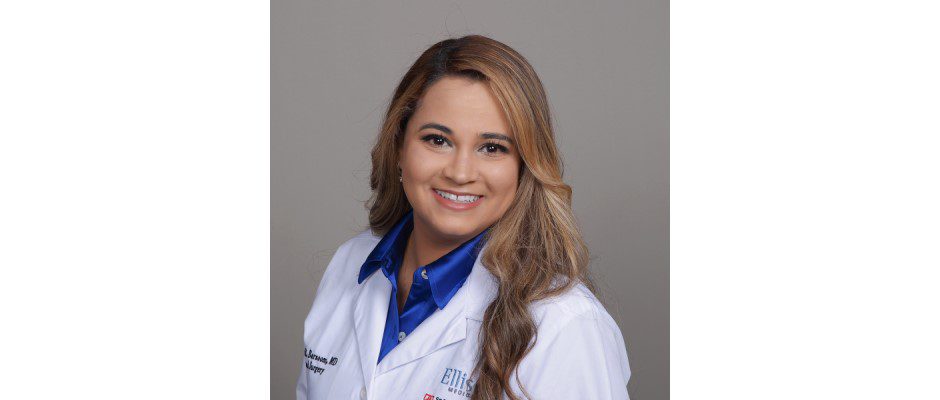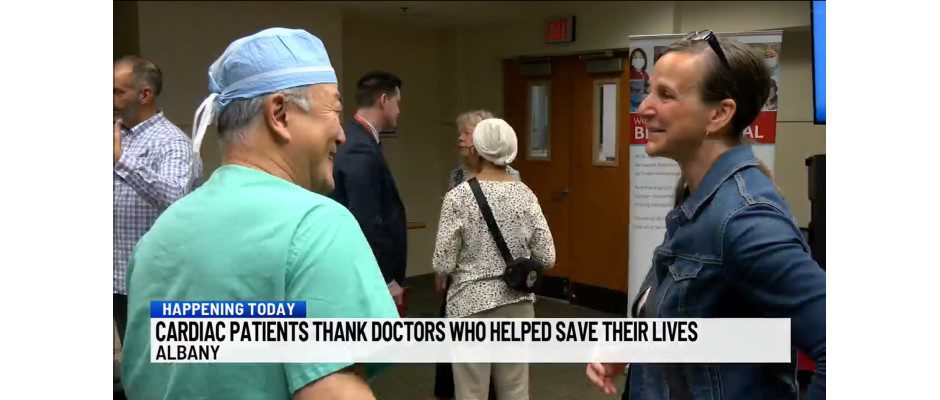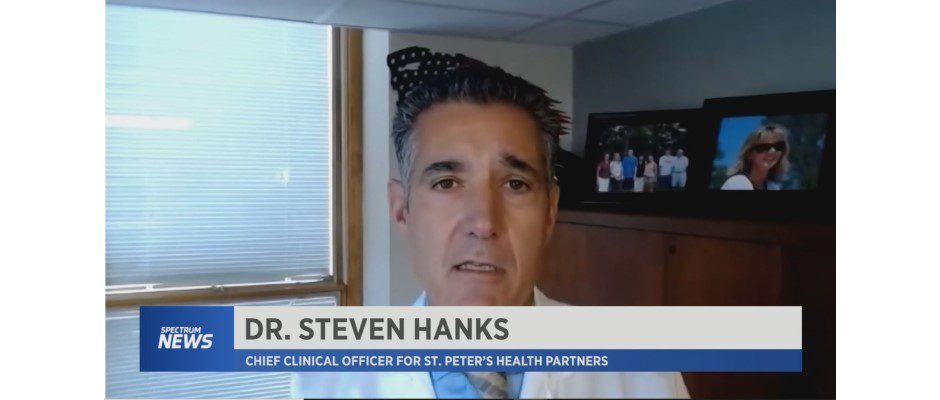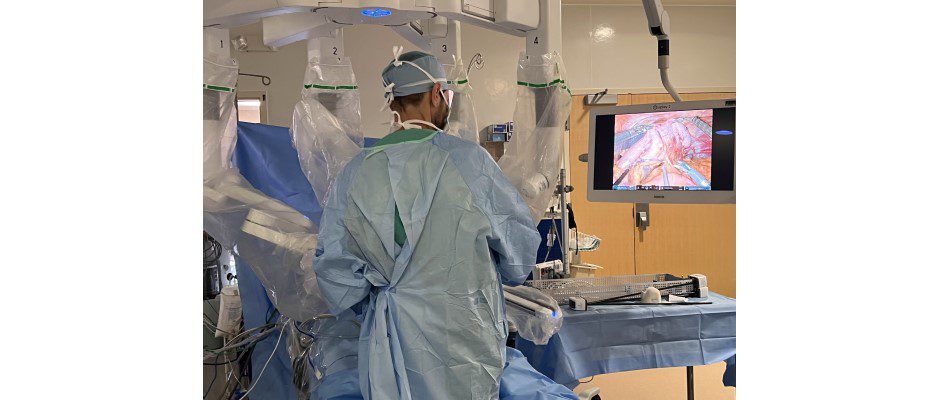
St. Peter’s Health Partners (SPHP) has reached a rare milestone in the field of minimally invasive surgery – 20,000 robotic-assisted procedures. With this, SPHP joins a group of only 26 health systems worldwide to have achieved such a distinction using da Vinci computer-enhanced surgical systems.
The achievement underscores SPHP’s leadership in minimally invasive robotic surgery in the Capital Region and reflects its dedication to improving the lives of patients through state-of-the-art technology.

“What this shows is SPHP continues to be in the vanguard in bringing leading edge technologies to our patients,” said James K. Reed, M.D., president and CEO of SPHP. “Through the use of robotics, we have been able to decrease the length of stay and reduce complications in many complex critical surgeries. This is medicine at its very best, allowing us to care for our community in the best way possible.”
St. Peter’s Hospital was a pioneer in the field of minimally invasive surgery when it became the first hospital in the area to use a da Vinci computer-enhanced surgical system in 2004. Thanks to the generosity of philanthropists in the community, SPHP has since been able to acquire a total of six da Vinci robots and expand its minimally invasive surgery program at Samaritan Hospital.
This expanded access has allowed SPHP to bring the most advanced, minimally invasive techniques to Capital Region residents and has established SPHP as one of the nation’s leaders in robotic surgery. St. Peter’s and Samaritan hospitals perform the greatest number of robotic procedures in the area, with St. Peter’s Hospital ranking in the top 1% of total robotic surgery volume across more than 2,400 hospitals in the United States.
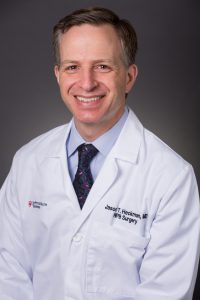
“The robot has become an invaluable and essential tool for minimally invasive surgeons in terms of the different opportunities and the different procedures we can now explore,” said Jason Heckman, M.D., medical director for minimally invasive surgery at St. Peter’s Hospital. “This achievement represents 20,000 lives cared for with a combination of compassion and technology, providing exceptional results.”
The da Vinci surgical systems integrate robotics and extremely sophisticated computer technology with the skills of the surgeon. The systems allow surgeons to see and move in three dimensions, giving them the ability to perform delicate operations with great precision but requiring only tiny surgical openings. By avoiding the large incisions of open surgery, this computer-assisted micro-surgery helps avoid many post-surgical complications while speeding the patient’s recovery. It is used to treat a wide variety of medical conditions.
At SPHP, the robotic surgery program encompasses a multitude of surgical specialty areas, including general surgery; colorectal; gynecology; gynecological oncology; hepatobiliary and pancreatic; urology; bariatric; and thoracic. Most of the robot-assisted procedures performed at SPHP’s hospitals include hysterectomies and hernias, as well as those involving prostate cancer, breast cancer, cancer in the female urinary system, colon cancer, kidney cancer, pancreatic cancer, and bladder cancer.
“We are extremely proud to be a local and national leader in robotic surgery, and to offer these sophisticated, high-quality, and world-class surgical procedures for our patients so they can get back – quicker than ever – to the lives they love,” said Christopher Bloss, M.D., medical director of minimally invasive surgery at Samaritan Hospital. “We are proud to offer the community the right care, at the right place, at the right time.”
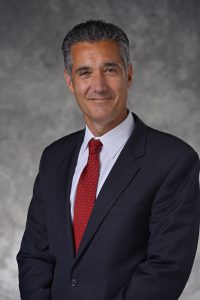
“Ultimately, the success of a procedure rests upon the skill, knowledge, and experience of the surgeon and surgical team,” said Steven Hanks, M.D., chief operating officer, SPHP and St. Joseph’s Health System. “We are fortunate at SPHP to have all of that. Our surgical team members including our surgeons, nurses, anesthesiologists, patient care techs, and clinical leaders, are all well-trained, highly-skilled – and having performed more than 20-thousand surgeries – are the very best at what they do. We are all extremely grateful for their hard work and dedication to our patients and to our community.”



